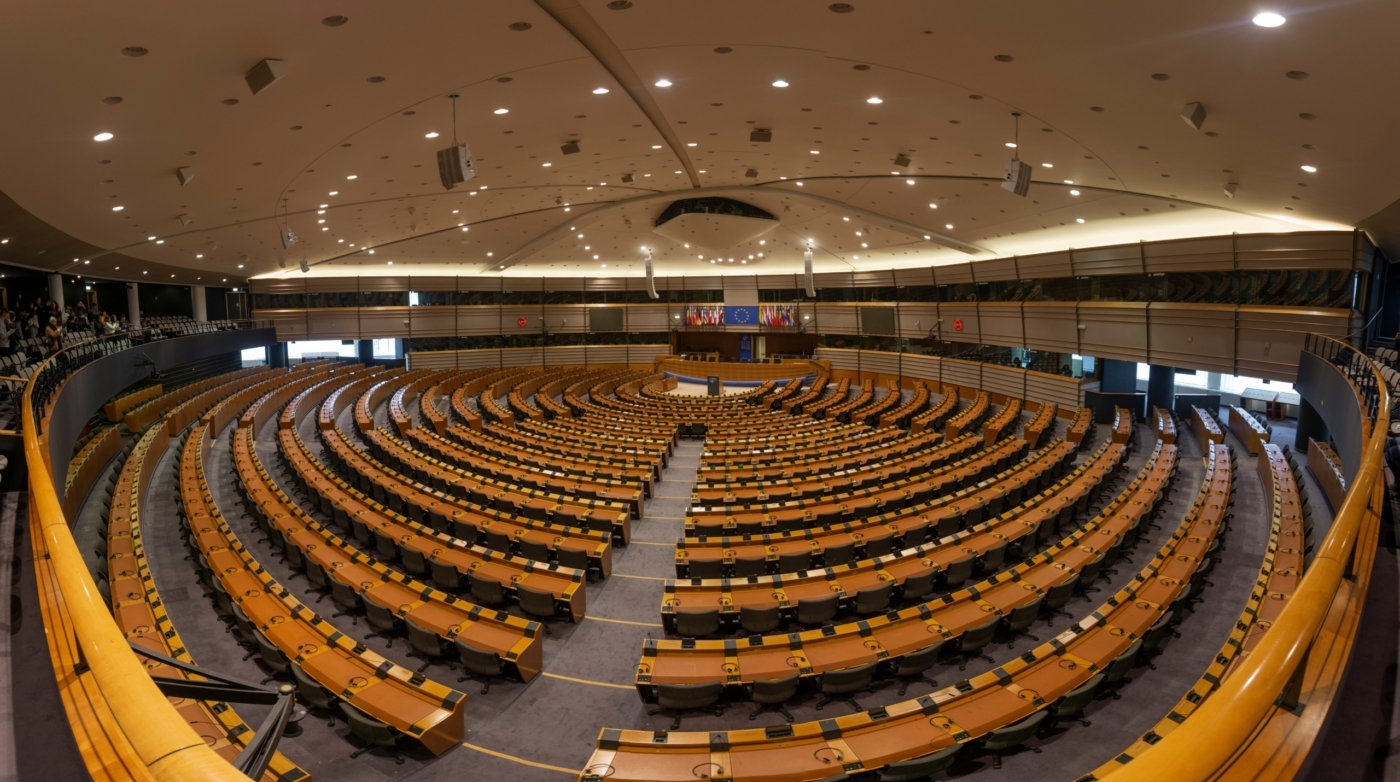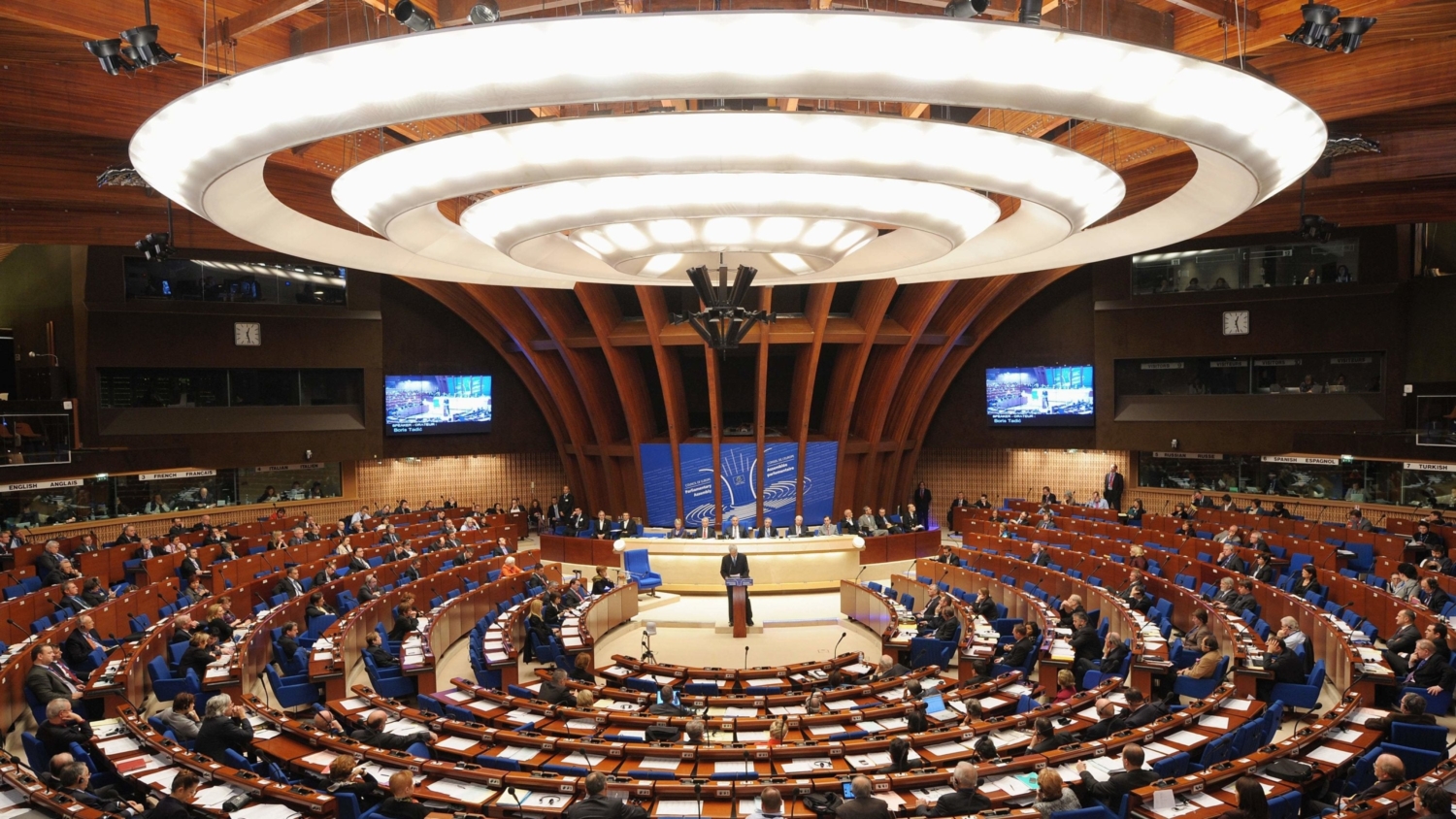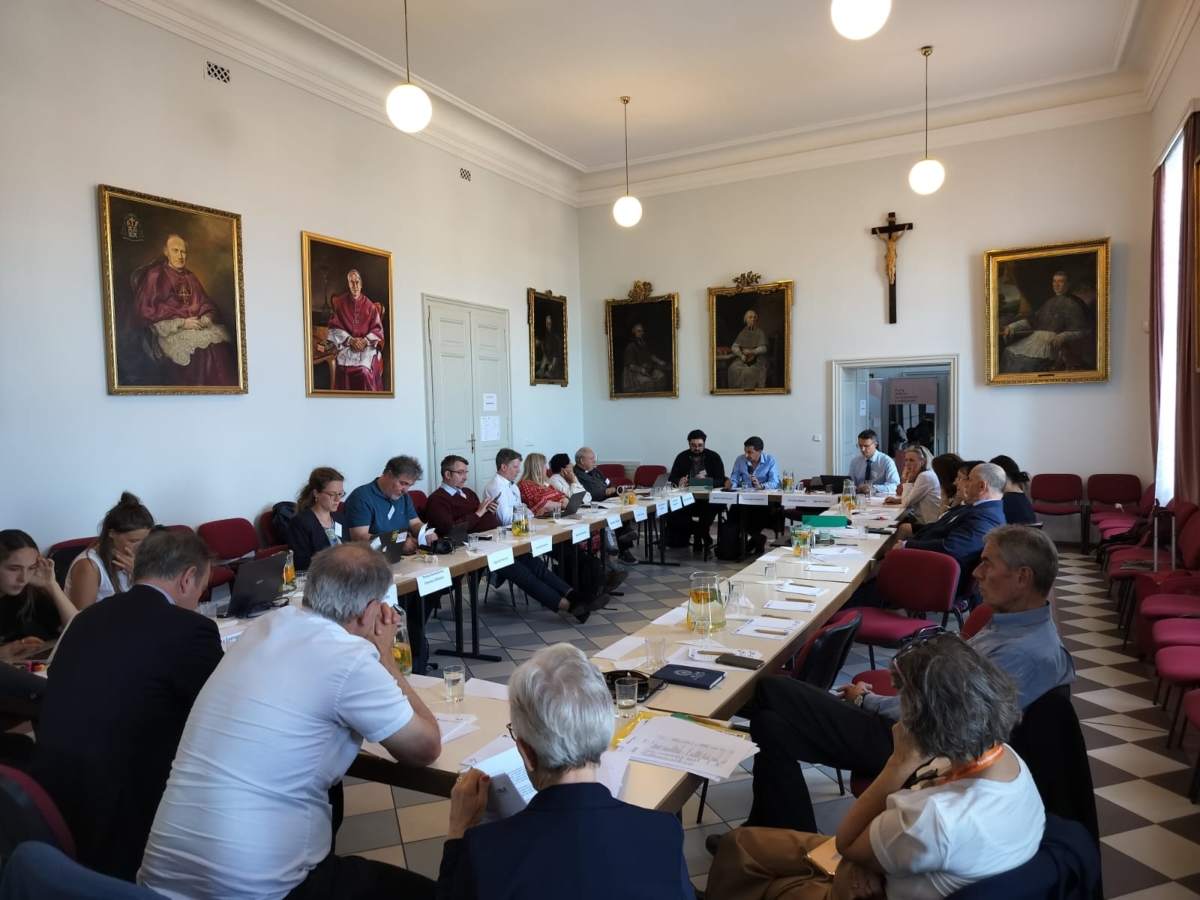Art & Family
The Family is very connected with Art. In this page we would like to encourage families with all their members to live with Art and to make of art by their lives living their faith.
As John Paul II Pope said in 1999 in its Letter to the Artists “Society needs artists, just as it needs scientists, technicians, workers, professional people, witnesses of the faith, teachers, fathers and mothers, who ensure the growth of the person and the development of the community by means of that supreme art form which is “the art of education”. Within the vast cultural panorama of each nation, artists have their unique place. Obedient to their inspiration in creating works both worthwhile and beautiful, they not only enrich the cultural heritage of each nation and of all humanity, but they also render an exceptional social service in favor of the common good.
The particular vocation of individual artists decides the arena in which they serve and points as well to the tasks they must assume, the hard work they must endure and the responsibility they must accept. Artists who are conscious of all this know too that they must labour without allowing themselves to be driven by the search for empty glory or the craving for cheap popularity, and still less by the calculation of some possible profit for themselves. There is therefore an ethic, even a “spirituality” of artistic service, which contributes in its way to the life and renewal of a people. It is precisely this to which Cyprian Norwid seems to allude in declaring that “beauty is to enthuse us for work, and work is to raise us up”.
The distinction between the moral and artistic aspects is fundamental, but no less important is the connection between them. Each conditions the other in a profound way. In producing a work, artists express themselves to the point where their work becomes a unique disclosure of their own being, of what they are and of how they are what they are. And there are endless examples of this in human history. In shaping a masterpiece, the artist not only summons his work into being, but also in some way reveals his own personality by means of it. For him art offers both a new dimension and an exceptional mode of expression for his spiritual growth. Through his works, the artist speaks to others and communicates with them. The history of art, therefore, is not only a story of works produced but also a story of men and women. Works of art speak of their authors; they enable us to know their inner life, and they reveal the original contribution which artists offer to the history of culture. A noted Polish poet, Cyprian Norwid, wrote that “beauty is to enthuse us for work, and work is to raise us up”. The theme of beauty is decisive for a discourse on art. It was already present when I stressed God’s delighted gaze upon creation. In perceiving that all he had created was good, God saw that it was beautiful as well. The link between good and beautiful stirs fruitful reflection. In a certain sense, beauty is the visible form of the good, just as the good is the metaphysical condition of beauty. This was well understood by the Greeks who, by fusing the two concepts, coined a term which embraces both: kalokagathía, or beauty-goodness. On this point Plato writes: “The power of the Good has taken refuge in the nature of the Beautiful”.
Tate Gallery is inviting us to Explore how artists have responded to the theme of Family
National Gallery Art is inviting you to Discover a variety of multi-generational programs
Kids and Families. The Met Museum has so much to offer kids and their families
PRESS RELEASE FAFCE writes open letter to the elected MEPs for the 2024-2029 European Parliament legislature
Brussels, 10th June 2024 Today the Federation of Catholic Family Associations in Europe (FAFCE) has written an open letter to all elected MEPs after the 2024 European Parliament elections, signed by FAFCE President Vincenzo Bassi on behalf of its
PRESS RELEASE FAFCE develops policy toolkit ahead of new European Parliament legislature
Brussels, 5th June 2024 FAFCE has developed a policy toolkit for elected Members of the European Parliament and EU institutions for the new legislative period, starting after this weekend elections (6th-9th June) all over EU Member States. More than
FAFCE intervenes at Council of Europe event on education and subsidiarity
Brussels, 30th May 2024 On Monday, Policy Officer Teresa Gerns intervened on behalf of FAFCE at an event at the Council of Europe. The event, entitled Education, Citizenship, Subsidiarity was held under the patronage of Marija Pejčinović Burić, Secretary
FAFCE welcomes inclusion of the ‘exploitation of surrogacy’ in human trafficking directive
Brussels, 28th May 2024 The Council of the European Union adopted a directive on Monday focused on the topic of human trafficking. Building on the already existing directive, the latest addition includes "the exploitation of surrogacy, of forced marriage
European Child Shield Platform publishes advocacy document
Brussels, 23rd May 2024 The European Child Shield Platform is encouraging stakeholders and politicians in Europe to raise awareness about the destructive impact of sexual abuse material online. FAFCE, working with a range of organisations who form the membership
PRESS RELEASE Integral ecology needs at its core the recognition of the family
Brno, 15th May 2024 Today, on International Day of Families, FAFCE passed a resolution on the centrality of the family in the ecological transition. Hosted by FAFCE's Czech Member organisation in Brno, the Spring Board Meeting's resolution connected ecology







